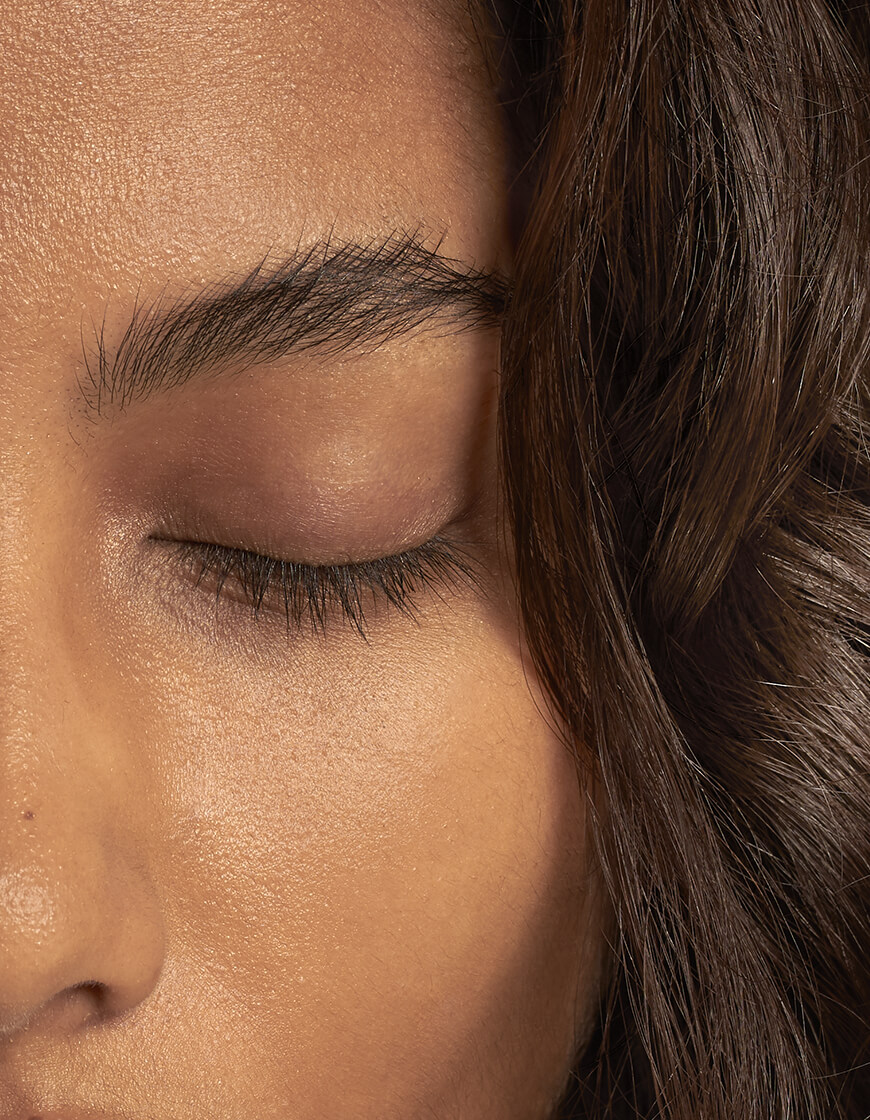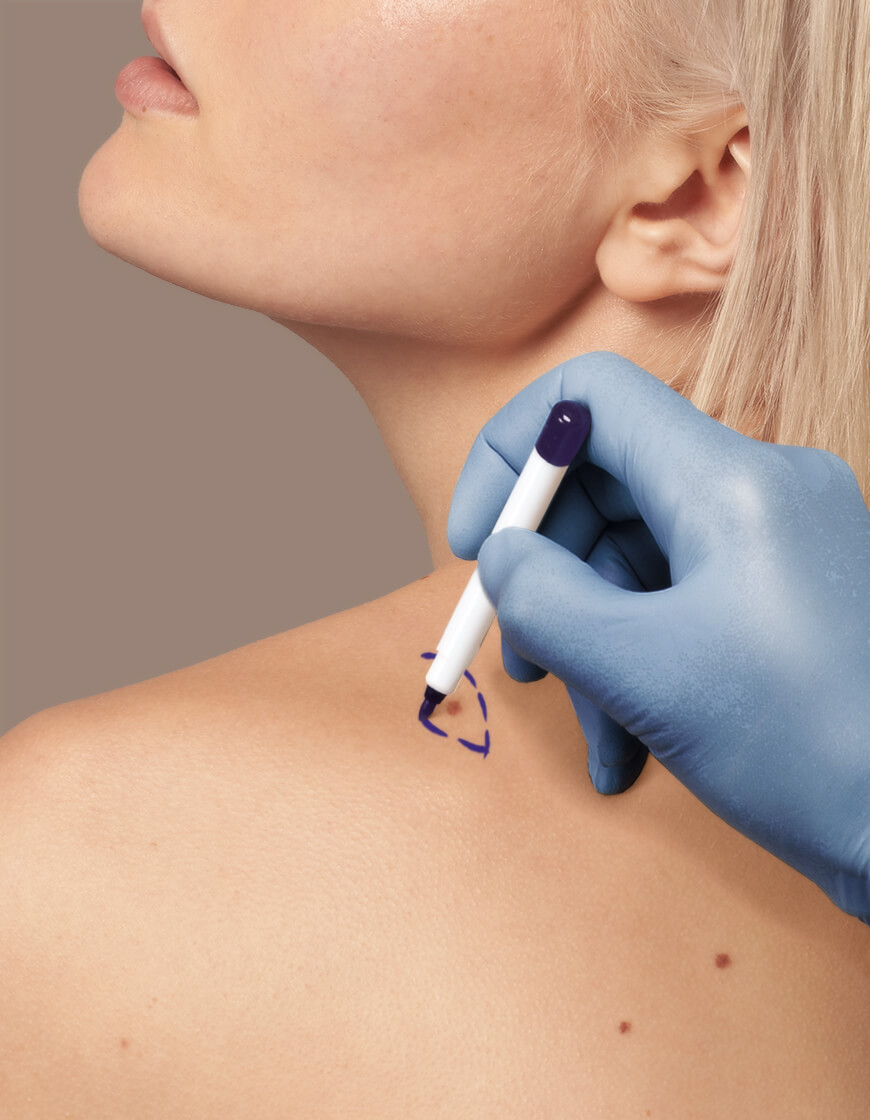Use of this website signifies your agreement to The Terms of Use & Privacy Policy
Terms of Use
You are deemed to have entered into an agreement with Angeline Yong Dermatology and to have agreed to be bound by the terms set out below by accessing ayd.com.sg (“the Sites”) or by otherwise accessing any content found on this web site. By accessing or using the Site, you acknowledge that you have read, understood, and agreed, without limitation or qualification, to be bound by these Terms & Conditions. The Site is owned and operated by Angeline Yong Dermatology.
- Intellectual Property Protection
- Use of Angeline Yong Dermatology Content
- Changes to the Site
- Privacy Policy
- No Warranty, Disclaimer of Liability and Indemnity
- Force Majeure
- Miscellaneous
- Governing Law and Jurisdiction
Intellectual Property Protection
The contents and design of the Site and any material e-mailed to you or otherwise supplied to you in conjunction with the Site (such contents, design and materials being collectively referred to as the “Angeline Yong Dermatology Content”, are copyright of Angeline Yong Dermatology. You may not use or reproduce or allow anyone to use or reproduce any trademarks (such as ” Angeline Yong Dermatology” name and logo or other trade names appearing on the Site) for any reason without written permission from Angeline Yong Dermatology. The software, which operates the Site, is proprietary software and you may not use it except as expressly allowed under these Terms. You may not copy, modify, reverse engineer or otherwise interfere with the software.
Use of Angeline Yong Dermatology Content
You may retrieve and display the Angeline Yong Dermatology Content on a computer screen or mobile telephone, print individual pages on paper (but not photocopy them) and store such pages in electronic form for your personal, non-commercial use. You may not save or post any of the Content on blogs, Facebook, and other websites that allows viewing by the general public without written permission from Angeline Yong Dermatology. Except as expressly set out above, you may not reproduce, modify or in any way commercially exploit any of the Angeline Yong Dermatology Content.
Changes to the Site
Angeline Yong Dermatology reserves the right to change, modify, suspend, add or remove portions of the Angeline Yong Dermatology Content available on the Site at any time and to restrict the use and accessibility of the Site in its discretion and without prior notification.
Privacy Policy
The information that you provide about yourself and your company to Angeline Yong Dermatology will only be used in accordance with Angeline Yong Dermatology’s Privacy Policy Statement. We will:
- retain your information only for as long as there is a business need
- take reasonable steps to ensure that the information is accurate, adequate, relevant and up to date.
- update or correct your information held by us whenever necessary
- take appropriate measures to prevent and minimize risks of unauthorised access to the information
We may use your personal information, such as your name and contact details, for the following purposes:
- to perform the services that you have requested, which may involve contacting you by telephone, mobile phone, fax machine, post or email, including sending you electronic direct mailers.
- to allow us to promote our products, events and activities.
No Warranty, Disclaimer of Liability and Indemnity
Whilst every effort has been made to ensure the high quality and accuracy of the Site, Angeline Yong Dermatology makes no warranty, express or implied, concerning the Angeline Yong Dermatology Content, the Site, software or products or services available through the Site (the “Site Services”), which are provided “as is”. Angeline Yong Dermatology expressly disclaims all warranties, including but not limited to warranties of fitness for a particular purpose and warranties of merchantability. In no event will Angeline Yong Dermatology, its affiliates or other suppliers be liable for direct, special, incidental, or consequential damages (including, without limitation, damages for loss of business profits, business interruption, loss of business information or other pecuniary loss) arising directly or indirectly from the use of (or failure to use) or reliance on the Site Services, even if Angeline Yong Dermatology and its affiliates has been advised of the possibility that such damages may arise.
Angeline Yong Dermatology does not guarantee the accuracy, content, or timeliness of the Site Services or that they or related systems are free from viruses or other contaminating or destructive properties. Angeline Yong Dermatology accepts no responsibility for the content on any site to which a hypertext link from this site exists. The links are provided “as is” with no warranty, express or implied for the information provided within them.
Upon accessing to this Site, you agree to indemnify and hold harmless Angeline Yong Dermatology and its affiliates from any claims and expenses, including reasonable legal fees, related to any breach of these Terms by you or your use of any Site Services.
Force Majeure
Angeline Yong Dermatology and its affiliates will not be liable or deemed to be in default for any delay or failure in performance or interruption of the delivery of the Angeline Yong Dermatology Content resulting directly or indirectly from any cause or circumstance beyond its or their reasonable control, including but not limited to failure of electronic or mechanical equipment or communication lines, telephone or other interconnect problems, computer viruses, unauthorized access, theft, operator errors, severe weather, earthquakes or natural disasters, strikes or other labour problems, wars, or government restrictions.
Miscellaneous
Changes to these Terms. Angeline Yong Dermatology may, in its discretion, change these Terms (including those relating to your use of Site and/or the Angeline Yong Dermatology Content. When Terms are changed, Angeline Yong Dermatology will notify you by email or by publishing details of those changes by including them in these Terms. If you use the Site after Angeline Yong Dermatology has published or notified you of the changes, you are agreeing now to be bound by those changes. If you do not agree to be bound by those changes, you should not use the Site any further after they are published. Access to certain areas of the Angeline Yong Dermatology Content may be subject to additional terms and conditions.
Advertising, Third Party Content and other Web Sites. Parts of the Site may contain advertising or other third-party content. Advertisers and other content providers are responsible for ensuring that material submitted for inclusion on the Site complies with international and national law. Angeline Yong Dermatology is not responsible for any third-party content or error, omission or inaccuracy in any advertising material. The Site may contain links to other web sites. Angeline Yong Dermatology is not responsible for the availability of these web sites or their contents.
Assignment of Agreement. This agreement is personal to you and your rights and obligations under these Terms may not be assigned, sub-licensed or otherwise transferred. This agreement may be assigned to a third party by Angeline Yong Dermatology and its affiliates.
Non-Waiver. No delay or omission on the part of either party in requiring performance by the other party of its obligations will operate as a waiver of any right.
Notices. Notices to Angeline Yong Dermatology and its affiliates must be given in writing by letter.
Severability/Survival/Statute of Limitations. If any provision of these Terms is invalid or unenforceable, such will not render all the Terms unenforceable or invalid but rather the Terms will be read and construed as if the invalid or unenforceable provision(s) are not contained therein. Any cause of action of yours with respect to these Terms must be filed in a court of competent jurisdiction in Singapore, within one year after the cause of action has arisen, or such cause will be barred, invalid, and void.
Whole Agreement. Save as expressly referred to herein, any representation, warranty, term or condition not expressly set out in these Terms shall not apply.
Headings. Headings in these Terms are for convenience only and have no legal meaning or effect.
Governing Law and Jurisdiction
These Terms shall be governed by, and construed in accordance with the Laws of the Republic of Singapore. The parties irrevocably agree that the courts of Singapore shall (subject to the paragraph below) have exclusive jurisdiction to settle any dispute which may arise out of, under, or in connection with these Terms or the legal relationship established by them, and for those purposes irrevocably submit all disputes to the jurisdiction of Singapore courts. For the exclusive benefit of Angeline Yong Dermatology and its affiliates, Angeline Yong Dermatology and its affiliates shall retain the right to bring proceedings as to the substance of the matter in the courts of the country of your residence or, where these Terms are entered into in the course of your trade or profession, the country of your principal place of business.
Copyright © 2019 Angeline Yong Dermatology. All rights reserved.




